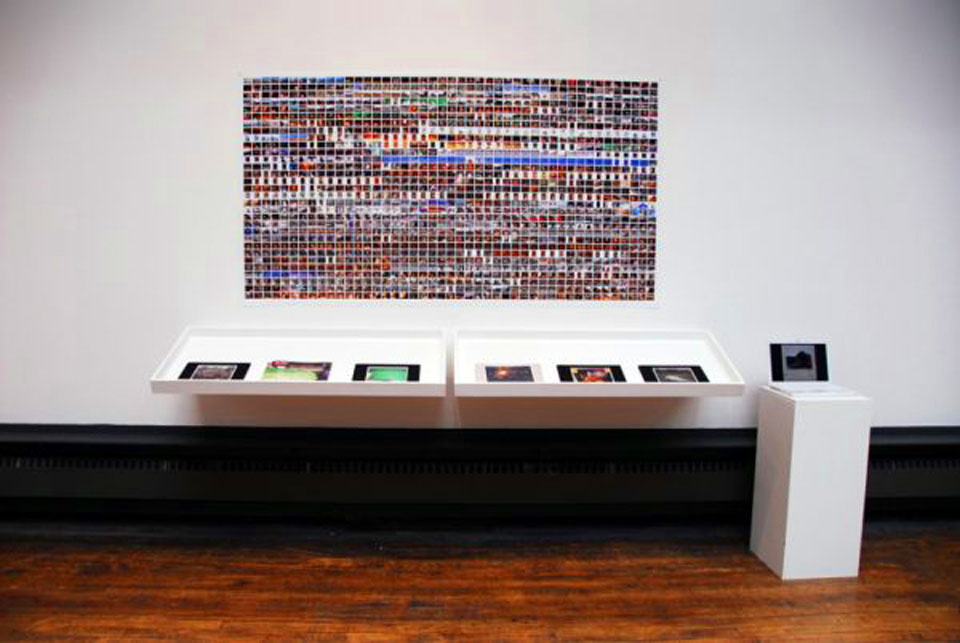

2009
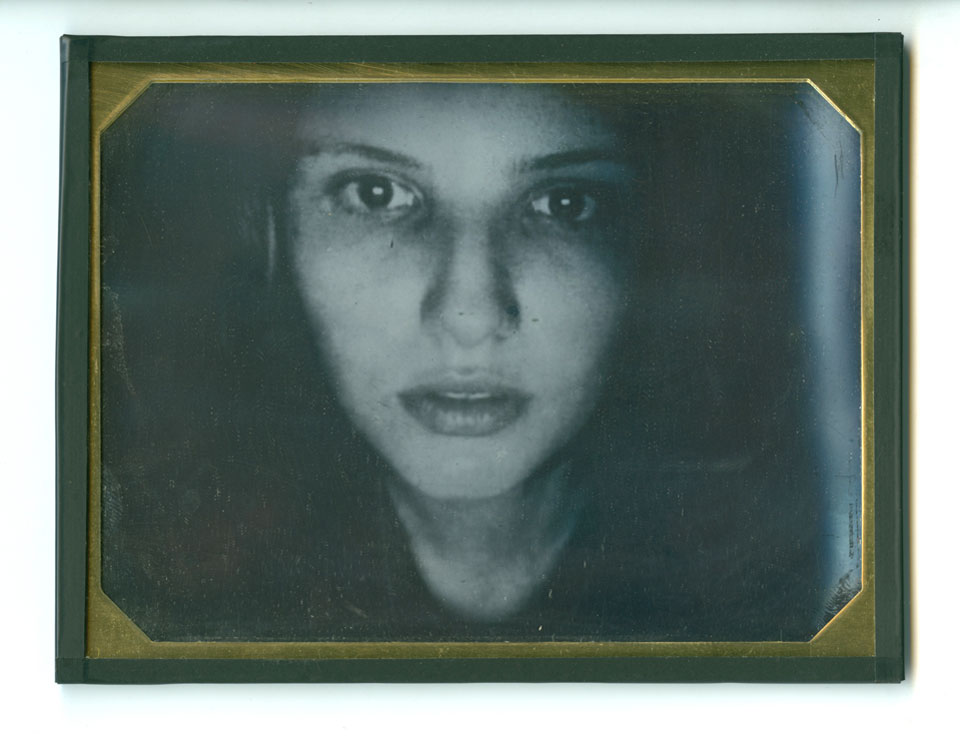

Silver plate daguerreotype
10cm x 13cm
2010
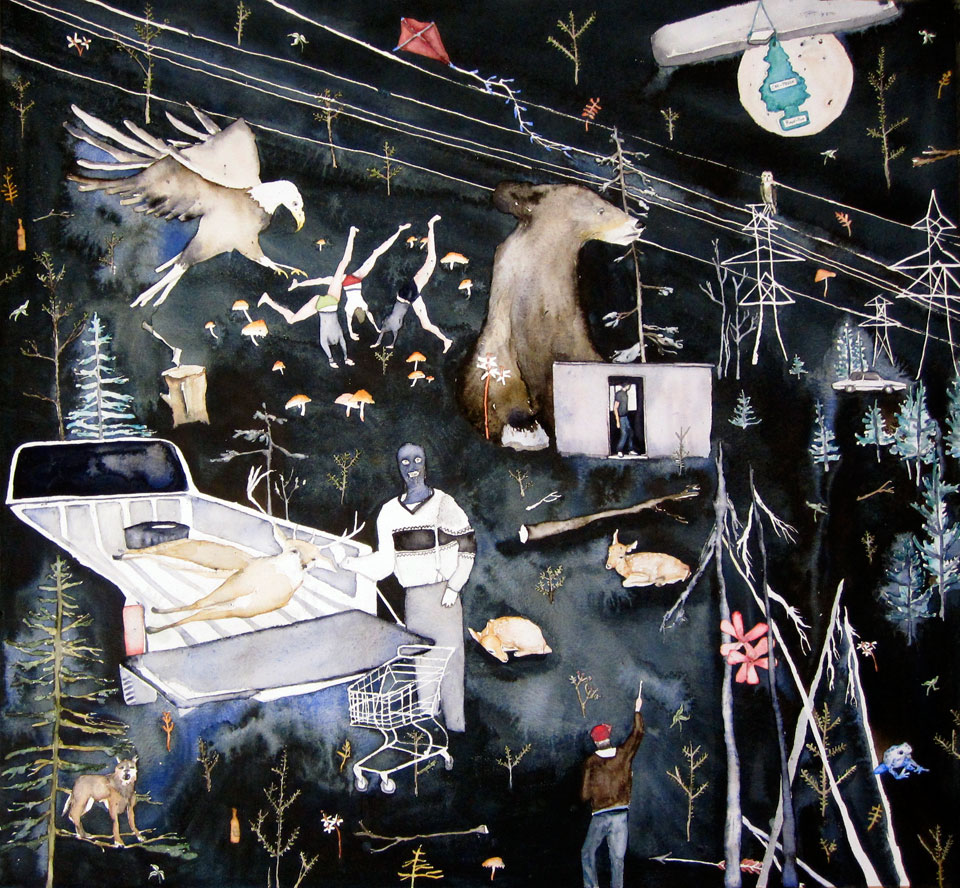

watercolor on paper
110x 140 cm
2010
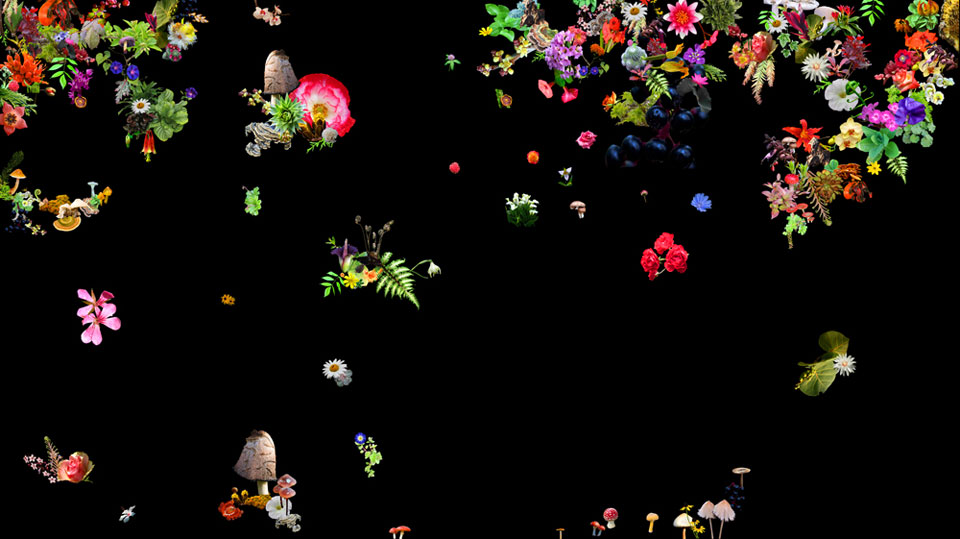

digital wallpaper
variable dimensions
2010
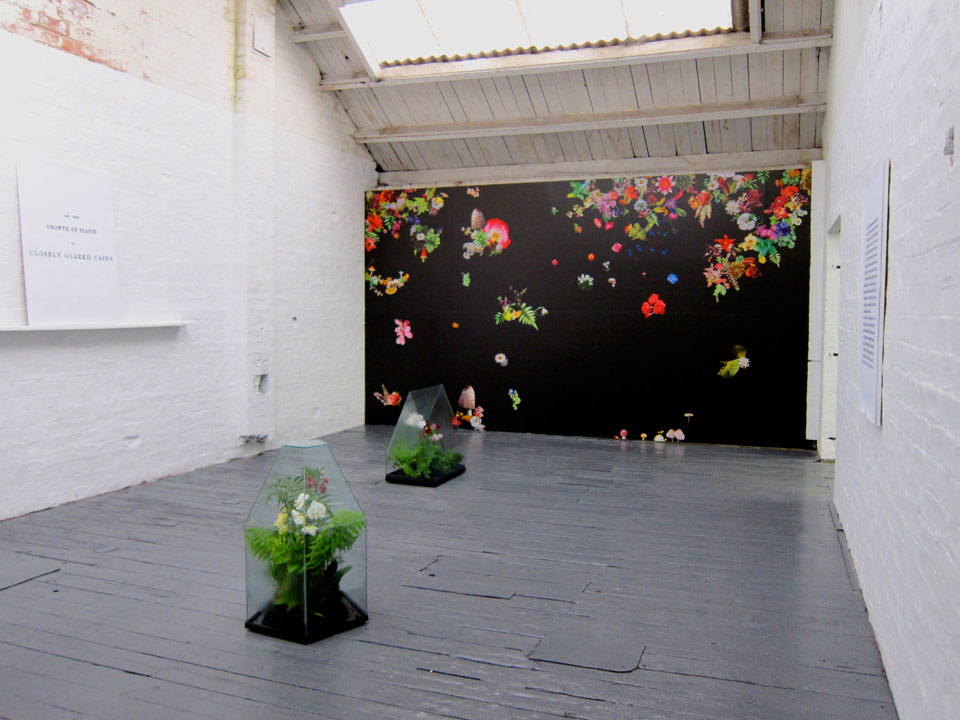

digital wallpaper, 2 x Waridan Cases, 3 x Posters
variable dimensions
2010
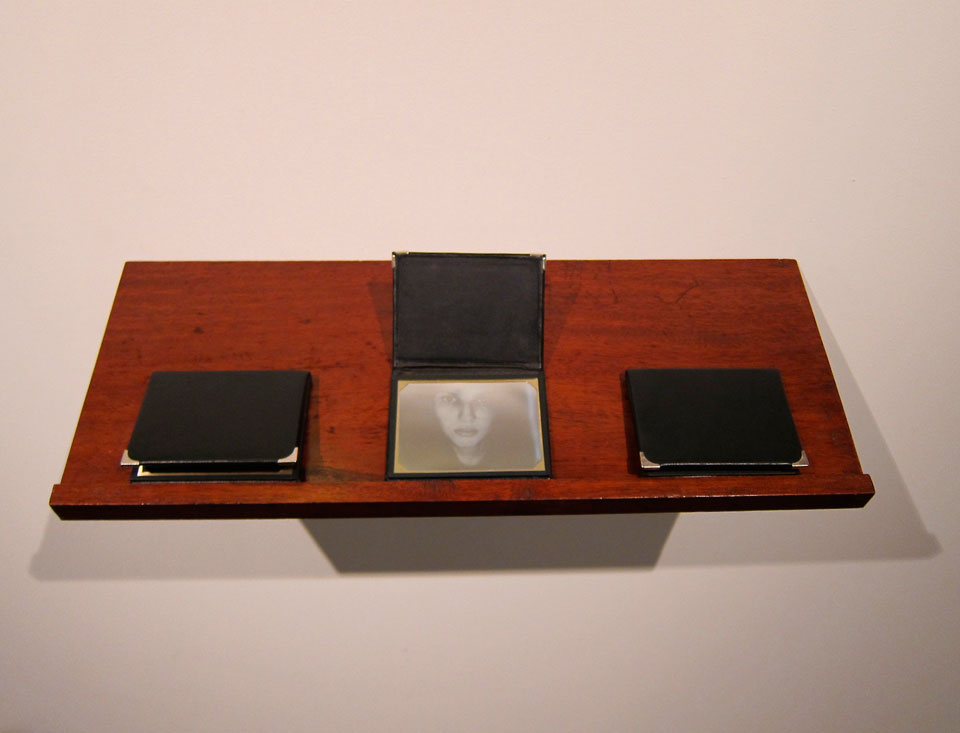

3 x Silver plate daguerreotypes
2010
